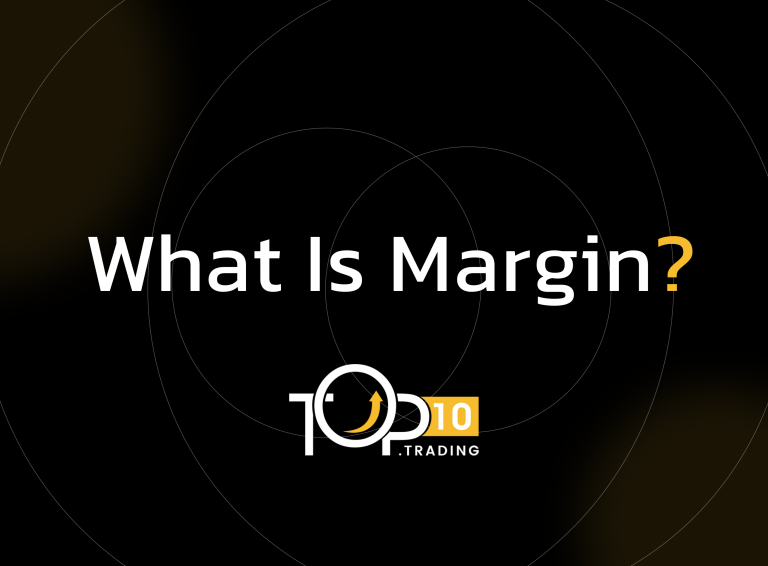Margin Definition

Margin refers to the amount of money a trader must deposit with a broker to open and maintain a leveraged position. It acts as collateral for the borrowed funds used in margin trading. Trading on margin allows market participants to control larger positions with a smaller amount of capital, amplifying both potential gains and losses.
Key Takeaways
- Margin is the initial deposit required to open a leveraged trade.
- It enables traders to gain greater exposure with less capital.
- Margin requirements vary by broker, asset, and leverage used.
- Using margin increases risk and can lead to margin calls.
- Effective margin management is crucial for risk control.
How Margin Works
When you trade on margin, you only need to deposit a fraction of the full trade value. The rest is effectively borrowed from the broker. This margin acts as a security buffer to cover potential losses.
For example, if a broker offers 1:100 leverage, you only need to deposit 1% of the trade size as margin. So, to open a $100,000 position, you’d need $1,000 in margin.
If the market moves against your position and your account equity falls below a certain threshold, the broker may issue a margin call, requiring you to deposit more funds or risk having the position closed.
Examples of Margin
- A trader opens a $50,000 position in EUR/USD with 1:50 leverage, requiring $1,000 in margin.
- A stock trader borrows funds from a broker to buy more shares than their cash balance allows.
- In commodities trading, initial and maintenance margins are used to manage futures contracts.
Benefits of Margin
- Increased Buying Power: Control larger positions with less capital.
- Higher Profit Potential: Gains are magnified due to leveraged exposure.
- Flexibility: Allows traders to diversify positions with limited funds.
- Efficient Use of Capital: Frees up funds for other opportunities.
Costs and Limitations
- Higher Risk: Losses are also magnified and can exceed the initial deposit.
- Margin Calls: Additional funds may be required if the trade moves against you.
- Interest Charges: Brokers may charge interest on borrowed funds.
- Forced Liquidation: Positions can be closed automatically if margin requirements aren't met.
Who Uses Margin?
Margin is widely used by retail traders, day traders, forex and CFD traders, and institutional investors who seek to enhance their exposure and potential returns. However, it’s best suited for experienced traders who understand the risks of leverage and have robust risk management strategies in place.
